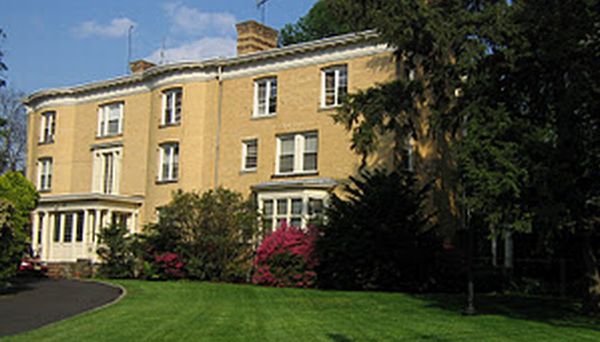The meeting takes up three strands: the interim budget for the six months ending December 31st as the City moves over to calendar year accounting; consideration of keeping Acting City Administrator Dave Kochel around in some fashion or other; and a bundle of anti-corruption ordinances.
The budget is a no-brainer and I think whatever can be done to keep Dave Kochel on hand is well worth it -- whether or not rules and regs are bent.
Whether or not you think there is corruption at City Hall, there is no doubt that pay-to-play has had a corrupting influence on politics in New Jersey, so why not just do away with some of the 'slippery slopes'?
Former Gov. Jim McGreevey made dramatic moves against pay-to-play in signing a June 2004 bill and issuing a more restrictive Executive Order that September, which just happens to be discussed in Sunday's Ledger (see PolitiFact article here). Though a good start, McGreevey's successor Dick Codey and the Legislature advanced matters even further by codifying McGreevey's reforms into law in March 2005.
Exactly what the Council proposes is taking up four ordinances modeled on those proposed by the Citizens Campaign and which bring the reforms down to the local level.
Here are the specific abuses the ordinances will deal with --
1) Ordinance MC 2011-10: Competitive Negotiations for Professional Services -- Currently towns have two options for hiring professionals, the "fair and open" process or the "non fair and open" process, under both systems the city has broad discretion in selecting its professionals. The ordinance would require the municipality to obtain detailed proposal from professionals competitively, giving the city the ability to compare firm's services and rates and to expand the pool of potential firms. For more information about why the fair and open process is ineffective, read the State Comptroller's report: http://www.nj.gov/comptroller/news/docs/pay_to_play_report.pdfWhile you will not find anyone arguing FOR CORRUPTION (let's hope anyway), there will probably be a Chinese water torture of sorts by those who don't want to put any curbs on the influence of money on politics.
2) Ordinance MC 2011-11: Pay to Play Reform - Currently cities only have to use the fair and open or non-fair and open process for awarding government contracts, neither one effectively severs the link between campaign contributions and government contracts. The model ordinance will limit campaign contributions to candidates, parties, and PACs by business entities seeking government contracts.
3) Ordinance MC 2011-12: Developer Disclosure Ordinance - Requires developers to disclose their political contributions when applying for a major variance.
4) Ordinance MC 2011-13: 'Best Price' Insurance Purchasing -- Requires municipalities to seek competitive proposals for insurance coverage and hiring brokers. And it requires the municipality to hire the broker on a flat fee. Currently towns are not required to use a competitive process for obtaining insurance, and brokers are paid a commission by the insurance company. By hiring the broker directly, the municipality will eliminate any conflict of interest the broker may have and guarantee the broker is seeking the best coverage for the town.
It is clear there is enough support to PASS the ordinance (a minimum of four votes). What is not clear is whether there is enough (meaning FIVE votes) to overturn a veto by Mayor Sharon Robinson-Briggs, should she choose to thumb her nose at these reforms.
Cynical observers might hold that money will find its way around any obstacles placed in its path.
We shall have to see about that.
Meanwhile, Tuesday's discussion and votes bear watching.
- PolitiFact: "Did McGreevey kickstart pay-to-play reform in NJ?"







































